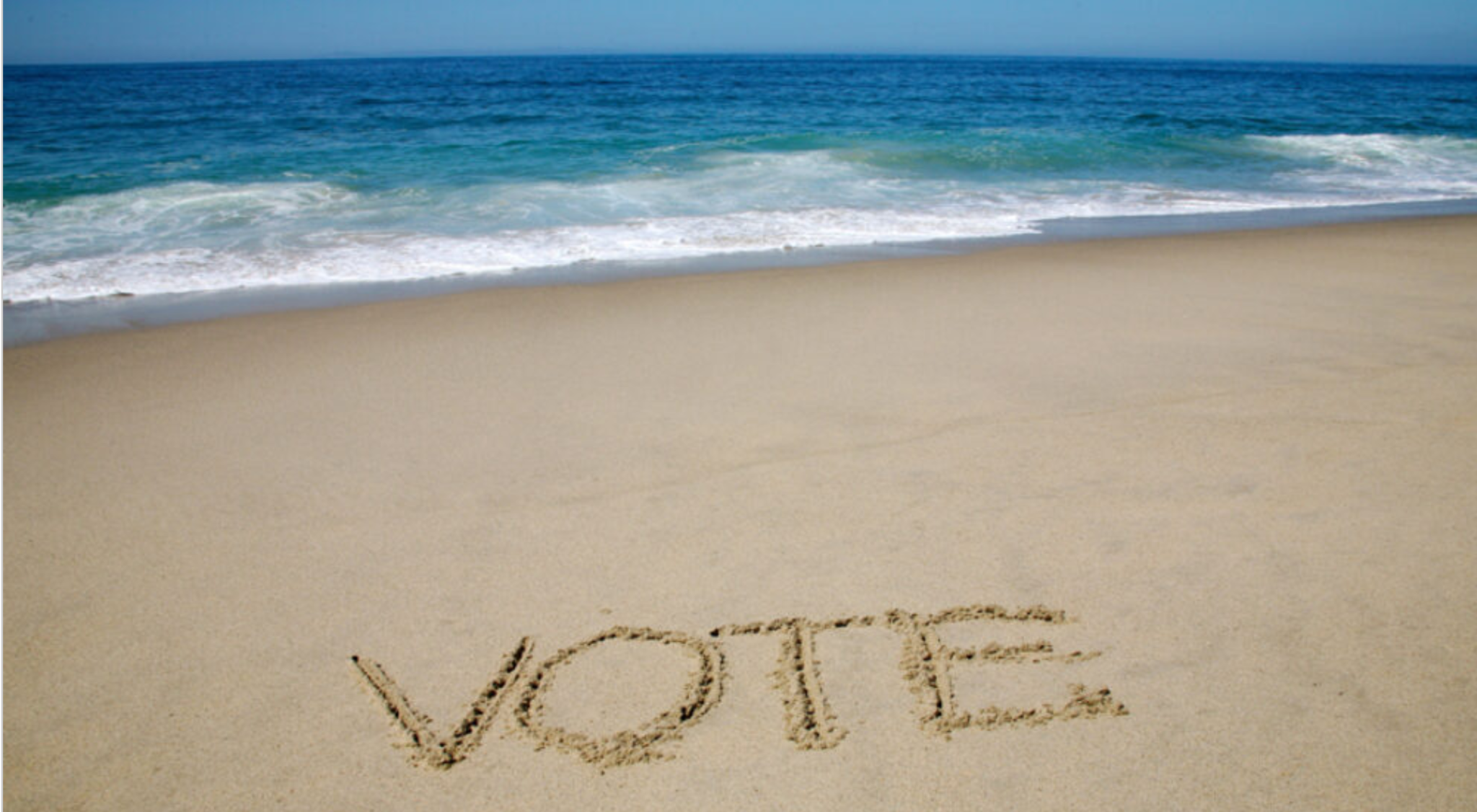In the lead up to Brexit, European Union (EU) critics pointed to the EU’s 265 page and 60,000-plus word constitution.
Compared to the 4,600-word US version, which established the most powerful nation on earth, the EU’s unwieldy foundational intricacies — with stipulations on everything from fraud and customs to arts and sciences — became a symbol of bureaucratic largesse.
Taxpayer money was sent to Brussels, Brexiteers noted, feeding the EU machine while simultaneously failing — at least in the views of critics — to produce any meaningful ‘on the ground’ outcomes on UK streets or within institutions.
Whatever one’s misgivings of the Brexit outcome, I only use the above as a small device to highlight where issues can become a runaway train if not addressed, and where trust and legitimacy are required to offset the mounting governance issues presenting in Pacific democracies.
While Brexit is a world away from the 15 nations of the South Pacific, emerging themes and patterns of discontent are becoming clearer as these nations approach the first quarter of the 21st century.
Papua New Guinea (PNG), for example, the region’s largest nation, began 2024 with alarming unprecedented nation-wide riots.
Arising from a supposed PNG Government pay ‘glitch’, the deeper reality was that such violence tapped a powder keg of palpable resentment experienced by PNG’s citizens — both high and low income — as they wearily interface with both PNG’s private and public institutions.
As I wrote at the time, one can see this firsthand in PNG, from long lines for petroleum (driven by a lack of foreign exchange), constant banking and telecommunications network failures, through to daily power cuts to homes, hospitals and schools. A chronic police shortage further gives rise to brutal instances of violence.
Frustration — and indeed a sense of humiliation — is palpable.
And no serious end is in sight for any of these issues.
Turning to the neighbouring Solomon Islands, its strategic tilt away from Australia and the United States toward Beijing — spearheaded by recent outgoing Prime Minister Manasseh Sogavare — has been set without a strong public mandate.
While strategic ties and decisions are the domain of the Executive branch of government — as in any Westminster democracy — Sogavare has clearly walked a thin line with such moves, given that his government’s links to Beijing have served domestically “as a lightning rod for renewed ethnic tensions.”
In the wake of the Solomon Islands Government dropping its recognition of Taiwan, a majority of Solomons MPs appear to have been paid directly by Beijing, which stoked obvious domestic resentment against the backdrop of riots in late 2021.
As some readers will appreciate, state collapse is far from hypothetical in the Solomons. The nation plunged into chaos in 2003, with Australian troops deployed to stabilise the country before its regional assistance mission formally finished in 2017.
In turning to Polynesia, Samoa made headlines in 2021 after Prime Minister Tuilaepa Sailele Malielegaoi refused to step down, provoking a constitutional crisis, appearing at loggerheads with the Supreme Court and refusing to accept the appointment of current Prime Minister Fiamē Naomi Mata’afa.
Malielegaoi had not been a Prime Minister, with an early reform agenda, on the cusp of bearing fruit — he had been in power for 22 years.
While Mata’afa — defecting from Malielelgoaiai’s party — ultimately prevailed as Prime Minister, and has instituted a series of much-needed anti-corruption measures, analysis suggests a great deal of such oversight remains an uphill challenge.
Turning briefly away from political performance to market competition, analysis suggests the region’s consumers may not be getting the best deal possible — an observation that has been recorded for some time. Reform to the Pacific’s “challenging business environment” remains slow, in addition to a lingering skepticism of freer trade, despite the neoliberal agenda supposedly penetrating every aspect of Pacific life. The Government of Samoa’s Polynesian neighbour Tonga, for example, continues to run a range of state-owned industries.
The same is true in PNG, despite decent liberalisation measures to its telecommunications sector. Its crippling energy poverty, which debilitate so much of PNG’s advancement, arise from the fact its electricity sector is ultimately managed by a state-owned board – Kumul Consolidated Holdings – and largely immune from any expectations on equity return.
The result here is not one of minimal profit.
It, quite simply, fails PNG’s poor. And it serves as a sad reminder for a majority of Papua New Guineans – and indeed other Pacific citizens – who not only bear the brunt of bad policy making but also see their political leaders mount poor decisions and even live large on the public purse.
A noticeable watermark of this emerged in 2021, when it was divulged the PNG Government spent almost $6M PGK — a conservative estimate — on an ensemble of 62 COP26 delegates to Glasgow’s climate change summit.
This is not to say presence at international fora is unimportant. But in the context of seismic challenges at home it, clearly, is not a great political look.
Another low yet visible watermark is the PNG Government’s fleet of Maseratis — purchased in 2018 as part of APEC — now mothballing in a government warehouse. As PNG’s Foreign Minister confirmed last year, little can be done with the fleet, given that PNG cannot export second-hand cars and PNG’s foreign offices cannot receive them as diplomatic vehicles.
Pacific citizens — like citizens anywhere — expect their political representatives to offset national and sub-national challenges, solve problems and create better outcomes.
Many readers will remember the Pacific ‘step up’ was not just about external assistance doing more in the region.
It was also about Pacific leaders guiding outcomes.
Here — for the sake of both legitimacy and livelihoods — there remains so much to be done.


